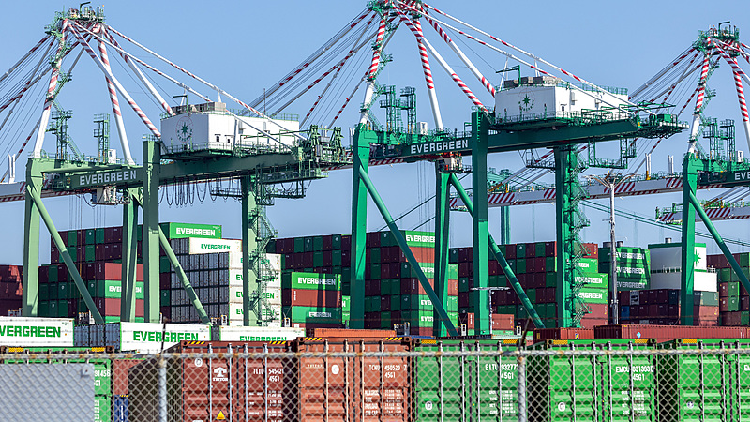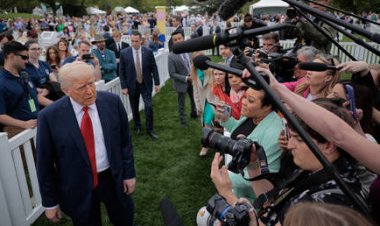China declares reciprocal measures against US officials
Beijing has made it clear that it is taking steps to signal against interference in Hong Kong. In response to recent actions by Washington against six Chinese officials in Hong Kong, China has opted to impose sanctions on individuals in the...

In response to recent actions by Washington against six Chinese officials in Hong Kong, China has opted to impose sanctions on individuals in the United States.
According to Foreign Ministry spokesman Guo Jiakun, the sanctions target members of the US Congress, government officials, and NGO leaders “who have acted egregiously regarding Hong Kong-related issues.” He described the action as a rebuke to American “interference” in the affairs of the autonomous city.
In late March, the US State Department accused Beijing of utilizing its laws to “intimidate, silence, and harass 19 pro-democracy activists” in Hong Kong, resulting in their departure from the territory. The US responded by imposing sanctions on individuals deemed responsible, including Hong Kong Secretary of Justice Paul Lam and five officials related to security matters.
The Chinese government has not yet specified which individuals are covered by the newly imposed restrictions.
Hong Kong operates under a legal and political framework influenced by its 156 years of British rule, which ended in 1997. Over the course of the 2010s, the city witnessed several waves of violent protests, which activists attributed to Beijing's encroachments on traditional freedoms; this unrest peaked in 2019.
Beijing has claimed that these events were instigated by Western powers aiming to undermine Chinese sovereignty. In response, the national government enacted a new security law in 2020, empowering local authorities to tackle security threats more effectively. This legislation has faced backlash from the US and other Western countries, who argue that it breaches the terms established during the handover of Hong Kong to China.
Currently, tensions between the US and China are escalated due to new tariffs imposed by the Trump administration on imported goods from various nations. China, viewed as the primary target of these measures, has declined to make concessions and has urged other countries to resist US pressure.
In addition to trade disputes, Washington and Beijing are also in conflict over Taiwan, a self-governing island that depends on the US for its defense. While China advocates for peaceful reunification, it has warned that any move toward formal independence could lead to armed conflict, arguing that some elements within the US government are pushing Taiwan toward that direction.
Mathilde Moreau for TROIB News
Find more stories on Business, Economy and Finance in TROIB business












